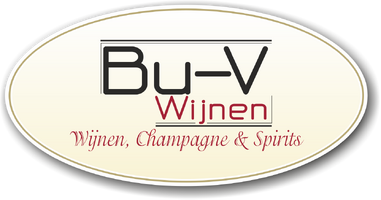Reserva Tinto - Montes Claros - 2019 - 75cl - Adega
| Quantity | Price per item | Discount |
| 6 items | €12,75 | 9% off |
Reserva Tinto - Montes Claros - 2019 - 75cl - Adega
| Price in our shop 1bt: € 13,25 6bt: € 12,15/bt |
The grapes, from previously selected vineyards and generally from vines over 30 years old, follow a strict ripening control to determine the optimal height for manual harvesting. At the winery, the grapes arrived in optimal condition and the partial destemming and crushing of the grapes began, followed by fermentation and a prolonged maceration of 10 to 12 days, to extract the best aromas and all the complexity of the fruit. Malolactic fermentation followed, partly in stainless steel tanks and partly in wooden barrels. For greater complexity, structure and richness, the selected final blend was aged for 12 months in 2nd and 3rd year barrels of French and American oak, and 6 months in bottle for final refinement. Clear appearance, deep garnet color. Rich and full aroma, with aromas of jam, jelly and cocoa. Soft, full and complex taste, with an emphasis on notes of very ripe black fruit and firm, persistent tannin, which guarantee a long life.
Founded in 1955, Adega de Borba's roots go back to an even more distant past, when Portugal was not yet considered a kingdom. Vineyards have been present in the Alentejo for more than 3,000 years. From the 18th century, wine production flourished in Borba, contributing to strong economic and social growth in the region. Since then, several events have marked the wine sector: some positive, such as the implementation of more modern production techniques, and others negative, namely the devastation caused by the Restoration War and Napoleonic invasions. Regardless of these fluctuations, the importance of the vine in Borba has never faded and it has always been the most important agricultural crop in the region. Already at that time there was a pulverized production in small traditional cellars, with carvings, which were part of numerous houses spread throughout the cities and towns. This was the reality when on April 24, 1955, a group of producers dissatisfied with the conditions applied to the market controlled by "middlemen" in terms of prices and margins, aware of the need to gain scale and critical mass in order to investing in new technologies and strong commercial brands, decided to unite to create Adega Cooperativa de Borba.

